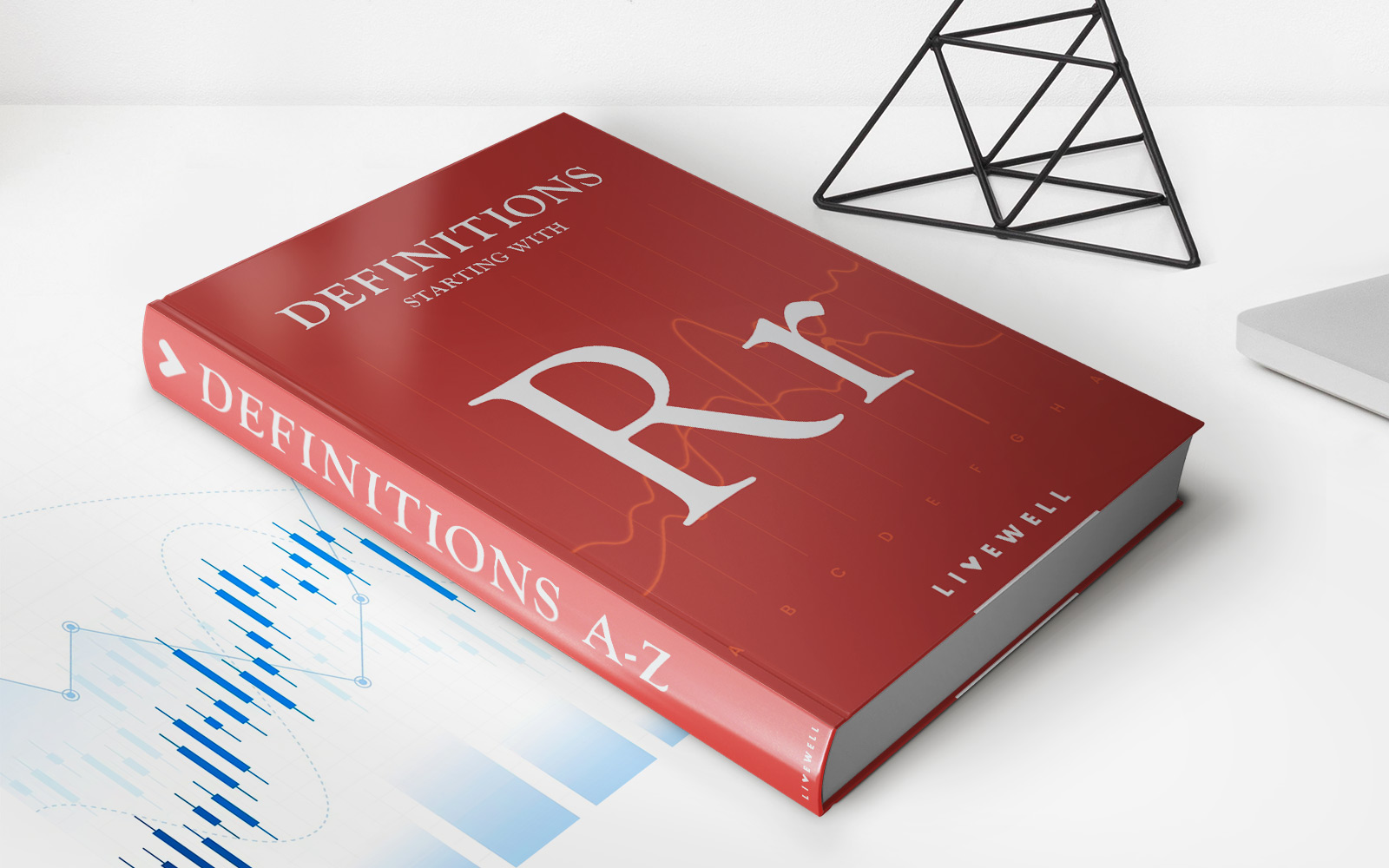Home>Finance>Paying Agent: Definition, How It Works, Agreements


Finance
Paying Agent: Definition, How It Works, Agreements
Published: January 6, 2024
Learn about paying agents in finance, including their definition, how they work, and the importance of agreements. Gain insights into this crucial role in the financial industry.
(Many of the links in this article redirect to a specific reviewed product. Your purchase of these products through affiliate links helps to generate commission for LiveWell, at no extra cost. Learn more)
Understanding the Role of a Paying Agent in Finance
When it comes to managing finances, there are numerous terms and concepts that can sometimes feel overwhelming. One such term that you may come across is a paying agent. In this blog post, we will delve into the world of paying agents, explaining what they are, how they work, and the agreements associated with their role. So, let’s dive in and gain a better understanding of this important aspect of finance.
Key Takeaways:
- A paying agent is a financial institution or individual appointed by a company or government to handle the distribution of funds to a designated group of recipients.
- They play a crucial role in ensuring prompt and accurate payments, as well as maintaining proper records of transactions.
So, What Exactly is a Paying Agent?
Simply put, a paying agent is a third-party entity that acts as an intermediary between the payer and the payees. It can be a financial institution or an individual, entrusted with the responsibility of disbursing funds to a particular group of recipients on behalf of a company or government entity.
Imagine, for instance, that a corporation wants to distribute dividend payments to its shareholders. Instead of processing the payments individually, the corporation appoints a paying agent to handle the process efficiently and accurately. The paying agent thus becomes responsible for distributing the dividend to the shareholders according to their respective ownership.
How Does a Paying Agent Work?
A paying agent works by following a structured process to ensure that funds are distributed accurately and promptly. Here’s a step-by-step breakdown:
- Appointment: A company or government entity appoints the paying agent to carry out the payment obligations on their behalf.
- Verification: The paying agent verifies the eligibility and validity of the payees, ensuring that the funds are distributed only to the intended recipients.
- Payment Processing: Once authentication is complete, the paying agent processes the payments, ensuring that each payee receives the correct amount in a timely manner.
- Record-Keeping: An essential aspect of a paying agent’s role is meticulous record-keeping. They maintain detailed records of transactions, enabling accurate reporting and auditing if necessary.
- Communication: Throughout the process, the paying agent communicates with both the payer and payees, providing updates, addressing inquiries, and resolving any payment-related issues.
Agreements in Paying Agent Relationships
A paying agent relationship is typically established through a contractual agreement between the payer and the agent. The agreement outlines the responsibilities and expectations of both parties and sets the terms for the payment arrangements. Some common components of a paying agent agreement may include:
- The scope of the paying agent’s services
- Fee structure and payment terms
- Responsibilities for record-keeping and reporting
- Confidentiality and data protection clauses
- Duration of the agreement and termination provisions
By establishing clear agreements, payer organizations can ensure that the paying agent acts in their best interest and fulfills their fiduciary duties responsibly.
Wrapping Up
Now that you have gained a deeper understanding of paying agents, you can appreciate their crucial role in the financial landscape. From efficient payment processing to maintaining records and handling communication, paying agents play an integral part in ensuring smooth financial transactions.
Remember, when considering the services of a paying agent, it is essential to establish clear agreements that protect both parties involved. By doing so, you can confidently rely on a paying agent to handle your financial distribution needs with utmost professionalism and efficiency.














